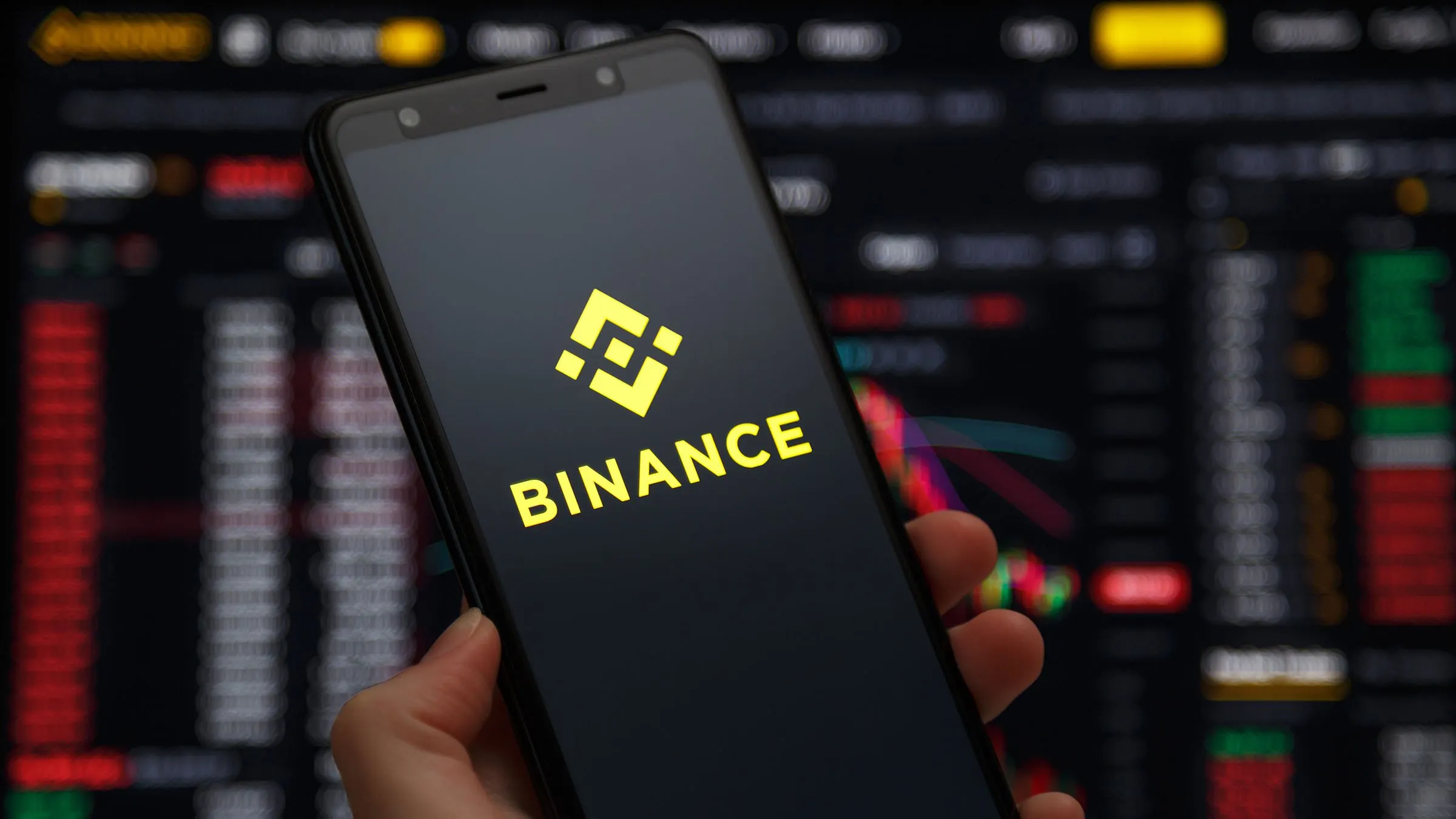Binance will exit the U.S. market and pay $4.3 billion—one of the largest corporate penalties in U.S. history—to settle anti-money laundering and sanctions violations, the Department of Justice today said.
The exit and penalty are the result of a years-long criminal investigation into the company and its leadership. CEO Changpeng Zhao has also stepped down after pleading guilty to anti-money laundering violations and agreed to pay a separate $50 million fine.
The settlement also prohibits Zhao from any present or future involvement with the company for at least three years, according to the terms of the plea agreement.
The charges state that Binance focused on profits over legal compliance, serving U.S. customers without proper controls. This allowed funds tied to terrorism, hacking, and other crimes to flow through Binance undetected.
"Zhao knew that U.S. users were essential to Binance’s growth and were a significant source of revenue and knew that an effective AML program would include KYC protocols that would mean that some customers would choose not to use Binance," the DOJ said in a press release. "Zhao told employees it was 'better to ask for forgiveness than permission,' and prioritized Binance’s growth over compliance with U.S. law."
Attorney General Merrick Garland said during a Tuesday afternoon press conference that chats obtained during the investigation show that compliance officers at the company joked that they should hang a banner that said: "Is washing drug money too hard these days? Come to Binance. We got cake for you."
Binance also failed to stop over $898 million in illegal trades between U.S. users and those in sanctioned countries like Iran, according to the DOJ. As part of the plea deal, Binance forfeited over $2.5 billion and paid a $1.8 billion criminal fine. Zhao's individual plea relates to the lack of anti-money laundering controls at the exchange and violations of the Bank Secrecy Act—not unlike the charges to which BitMEX founder Arthur Hayes pleaded guilty early last year. Hayes paid a $10 million criminal fine and avoided prison, sentenced instead to two years probation.
The Binance resolution aims to send a message that crypto exchanges serving U.S. customers must follow the law, the DOJ said. "Using new technology to break the law does not make you a disrupter. It makes you a criminal," Garland said. "This Justice Department has no tolerance for crimes that threaten our economic institutions, and undermine public trust in the fairness of those institutions."

